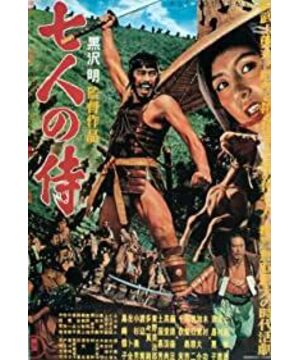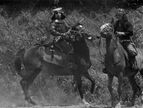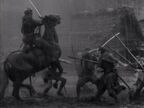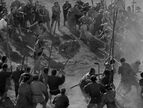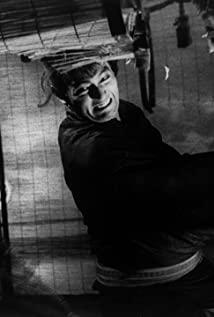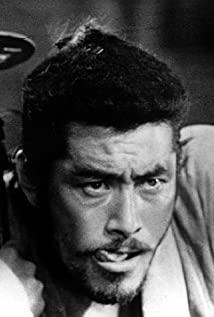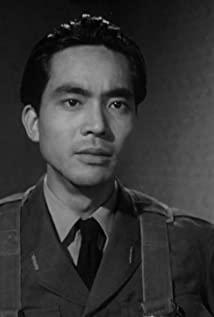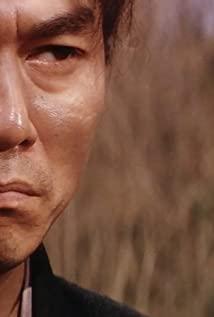"We lost again." "It was the farmers who won, not us." When the master of swordsmanship hid in the curtain call for a long time, there was no close-up, only a distant shot of struggling in the rain and mud. Kuzo has the spirit of the heart and sword unity that truly belongs to the samurai. He is quiet, calm, and works steadily. The seven samurai under the lens of Kurosawa Akira have their own unique characters and spirits. They have recast the real samurai spirit, and they are also a tribute to the fallen samurai spirit and reflection on the war behavior after World War II. The story takes place in the Japanese Warring States Period of Oritoyo, opened by Oda Nobunaga, and then ended by Toyotomi Hideyoshi, but the real social situation is not as gorgeous as history. After years of war and chaos, the people have no livelihood, and the peasants have to be plundered by bandits even when they can't even support their lives. Facing the oppression of 40 bandits, the farmers in the small village sought the help of the samurai. It is not easy to find a samurai who is willing to help, not to mention that the condition is only three meals a day of white rice. In this way, Kurosawa Akira's seven samurai appeared. Seven people, seven personalities, but with similar beliefs, came to the village under the leadership of Kanbingwei. Kanbei is the lofty pursuit of the samurai spirit under the lens of Akira Kurosawa. He is both civil and military, resourceful, and calm. In the face of a battle that had no merit and might die, he moved forward in his own moral and righteousness. He was truly a man of loyalty. In fact, this is a battle without a winner. "We lost again" is also Kurosawa's reflection on the war. It is fighting, there will be damage, and it will penetrate all levels of society. The inertia of the peasants in the early stage of the film, the timidity of the peasants in the middle stage, and the joy of the peasants in the later stage are undoubtedly in sharp contrast with the samurai. Although in the film Kiku Chiyo said that farmers are cunning and selfish people, all this is the consequence of wars launched by the warrior class. In the end, Kanbingbei said to the four grave heads, "The farmers won, not us." He stabbed me fiercely. The fate of the samurai has always been this way. Gone. Who is the winner? There is no winner. "Seven Samurai" 67 years ago has long been regarded as a classic. It is quite original in terms of character, photographic composition, storytelling and soundtrack, and has a very high degree of completion. The three minutes that accompany the [rest] in the middle of the film is really a masterpiece! Breathtaking!
View more about Seven Samurai reviews


